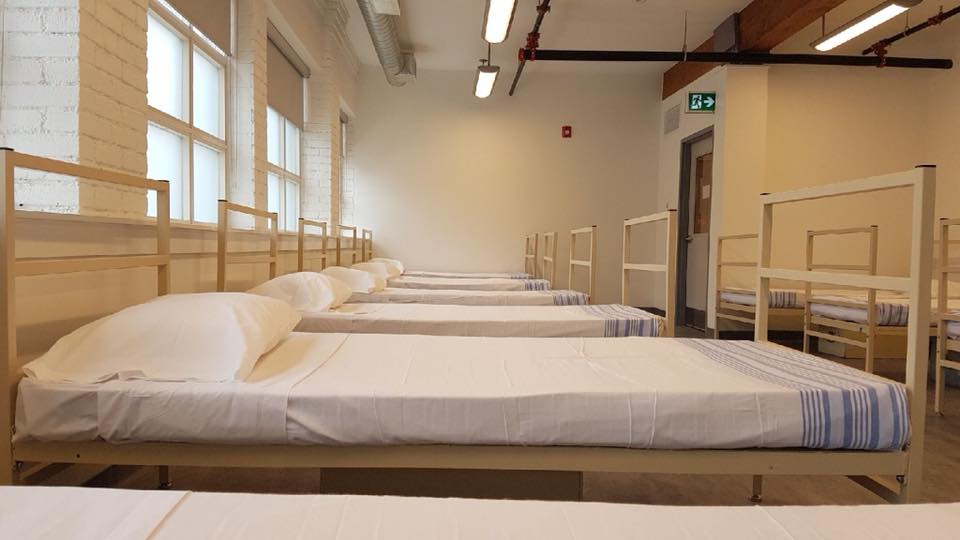Finding Home

By: June Li
When 30 families from Nigeria and Ethiopia arrived in Toronto last summer, The Salvation Army welcomed them with open arms at their Peel Family Shelter in Mississauga.
With no close family or friends and in addition to culture shock, many newcomers may feel scared upon their arrival. Moreover, they are faced with the challenge of finding housing in a foreign country. In collaboration with the Region of Peel and Ontario Works, The Salvation Army Peel Family Shelter worked to ensure these 30 families found safe and stable housing.
The shelter operates on a ‘housing-first’ approach that prioritizes finding permanent affordable housing as quickly as possible for families and individuals experiencing homelessness. “When someone has a home, they can feel at peace and be themselves,” says Kenton Davis, Director at The Salvation Army Peel Family Shelter. “When we provide supportive services after a family has been housed, the rate of success of them staying housed increases and the rate of them returning back to homelessness decreases.”

The dedicated team at Peel Family Shelter. From left to right: Joan Fishwick (Frontline Worker), Giovanni Novielli, (Housing Stabilization Worker), Karen Smith (Housing Stabilization Worker), Kenton Davis (Director), Ifeyinwa Ogbonna (Diversion Worker) and Patricia Ryan (Frontline Worker).
Every family that walks through the doors of the shelter is assigned to a Stabilization Housing Worker to help them navigate resources in the community. From taking these families to meeting landlords to offering workshops on Canada’s immigration policies, The Salvation Army walks alongside these families to ensure that finding a place to call home is not just a dream but a reality.
Once a family is housed, The Salvation Army’s support doesn’t end. An after-care program is put into place to help families maintain their housing. “We offer counselling, job search assistance, referrals to local food banks and medical services as well,” says Kenton.
The housing-first approach is a true testament that when someone is shown compassion, care and a second chance, they will take that opportunity to thrive for a better tomorrow. Kenton reflects on one of the families that found housing in just two weeks. Today, the mother is a Personal Support Worker, her children are enrolled in school and they are looking to give back to the community.
“Despite the stereotypes about homelessness and shelters, we are all people and we can all do better,” says Kenton.

